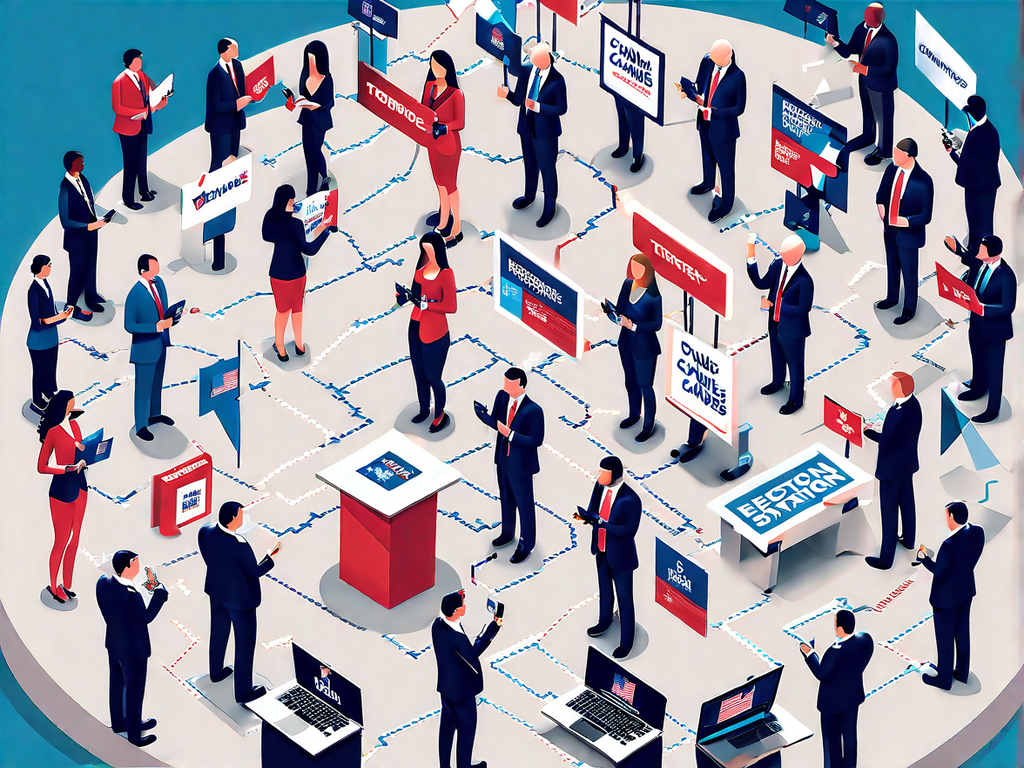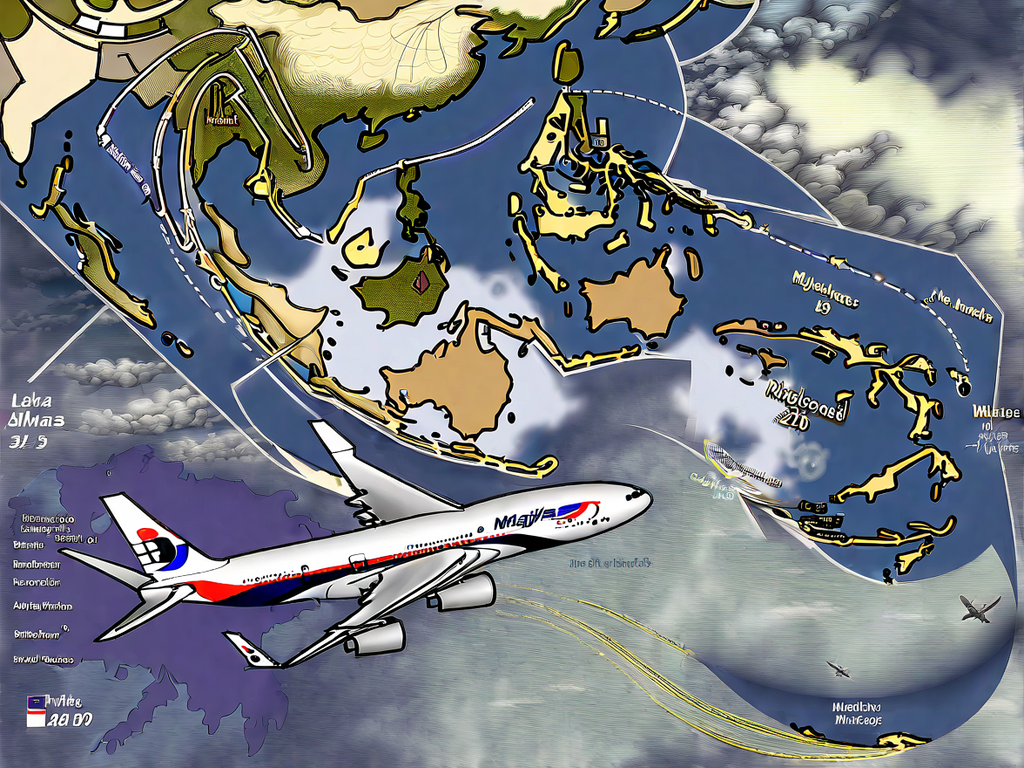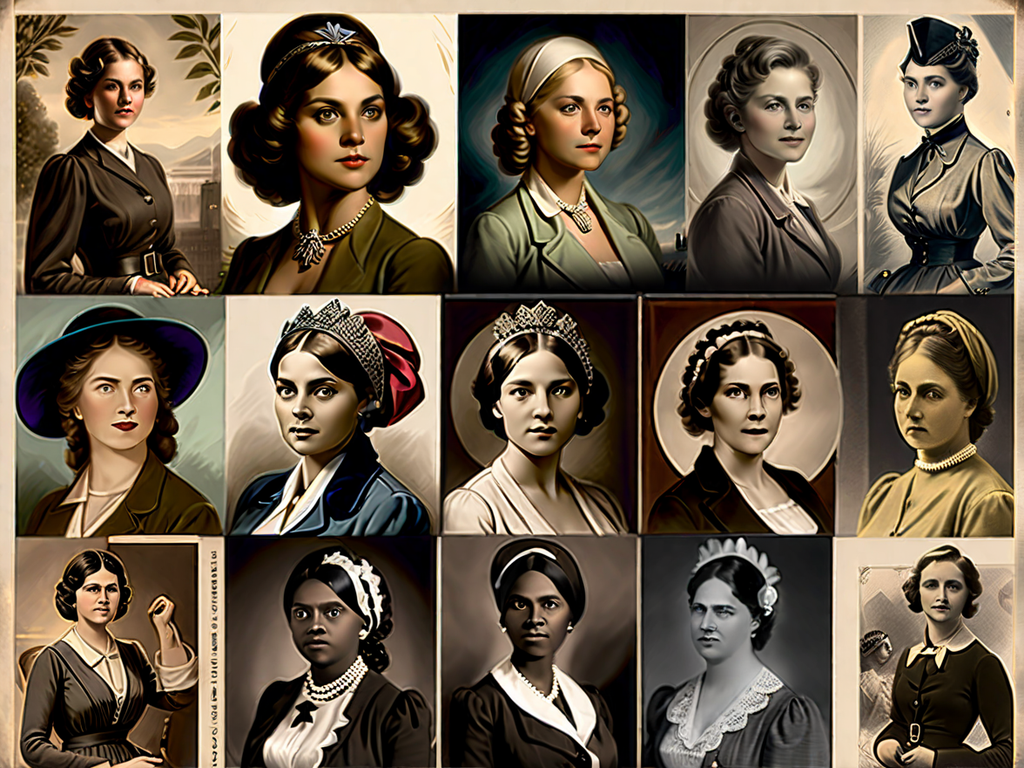Elections in the Digital Age: The Evolution of Campaign Strategies through Technology
In the digital age, technology has reshaped the landscape of political campaigns. The methods and tools used for election campaigns have evolved significantly, making it imperative for candidates to harness the power of technology. In this article, we will explore how technology is transforming campaign strategies, offering expert insights grounded in practical experience, scientific data, deep knowledge, and comprehensive studies. Join us as we navigate the dynamic world of election campaigning in the digital era.

The Digital Campaign Revolution
The Dawn of Digital Campaigning
At its core, digital campaign strategies leverage technology to connect with voters, convey messages, and mobilize support. With the proliferation of the internet and the ubiquity of smartphones, political campaigns have expanded their reach and capabilities.
Targeted Messaging and Personalization
Digital campaigns allow for more precise targeting of potential voters. Through data analysis, campaigns can tailor their messages to resonate with specific demographics, interests, and concerns.
The Role of Social Media
Social Media Platforms as Campaign Tools
Social media has emerged as a central platform for political campaigns. Candidates and

their teams use platforms like Facebook, Twitter, and Instagram to engage with voters, share policy proposals, and rally support.
Viral Campaigning and Grassroots Movements
Social media can turn a political ad, speech, or campaign event into a viral sensation. It has also played a pivotal role in mobilizing grassroots movements and fundraising efforts.
Fundraising and Donor Engagement
Online Donations and Crowdfunding
Digital technology has streamlined the process of political fundraising. Candidates can collect donations online through secure platforms, making it easier for supporters to contribute.
Engaging Donors and Building Networks
Campaigns use technology to engage donors, provide updates, and build networks of supporters. Email newsletters and fundraising events are just a few examples of donor engagement strategies.
Data Analytics and Polling
Data-Driven Campaigns
Data analytics are crucial in modern campaign strategies. Campaigns can use data to assess voter sentiment, optimize advertising budgets, and tailor their outreach.
Real-Time Polling and Response
Technology enables real-time polling and response to emerging issues. Campaigns can adjust their messaging and strategy in response to immediate feedback.
Challenges and Ethical Considerations
Data Privacy and Security
Collecting and managing voter data raise important concerns about privacy and security. Campaigns must adhere to ethical standards and legal regulations.
Disinformation and Fake News
The digital realm is susceptible to disinformation and fake news, which can undermine the integrity of campaigns. Candidates and voters must exercise critical thinking and fact-checking.
The Promise of Inclusivity
Engaging Younger Voters
Digital campaigns can engage younger voters who are more likely to be active on social media and follow political developments online.
Technology has revolutionized political campaign strategies in the digital age. The use of data analytics, social media, online fundraising, and real-time polling has transformed how candidates connect with voters and convey their messages.
However, with these advancements come challenges, including ethical concerns and the need to safeguard data privacy and integrity. Navigating the digital campaign landscape requires a balance between harnessing the power of technology and maintaining ethical standards.
As technology continues to evolve, political campaigns will need to adapt and innovate to remain effective in an increasingly interconnected and digital world. The future of election campaigning is one where technology’s role will be central, dynamic, and integral to the democratic process.







































